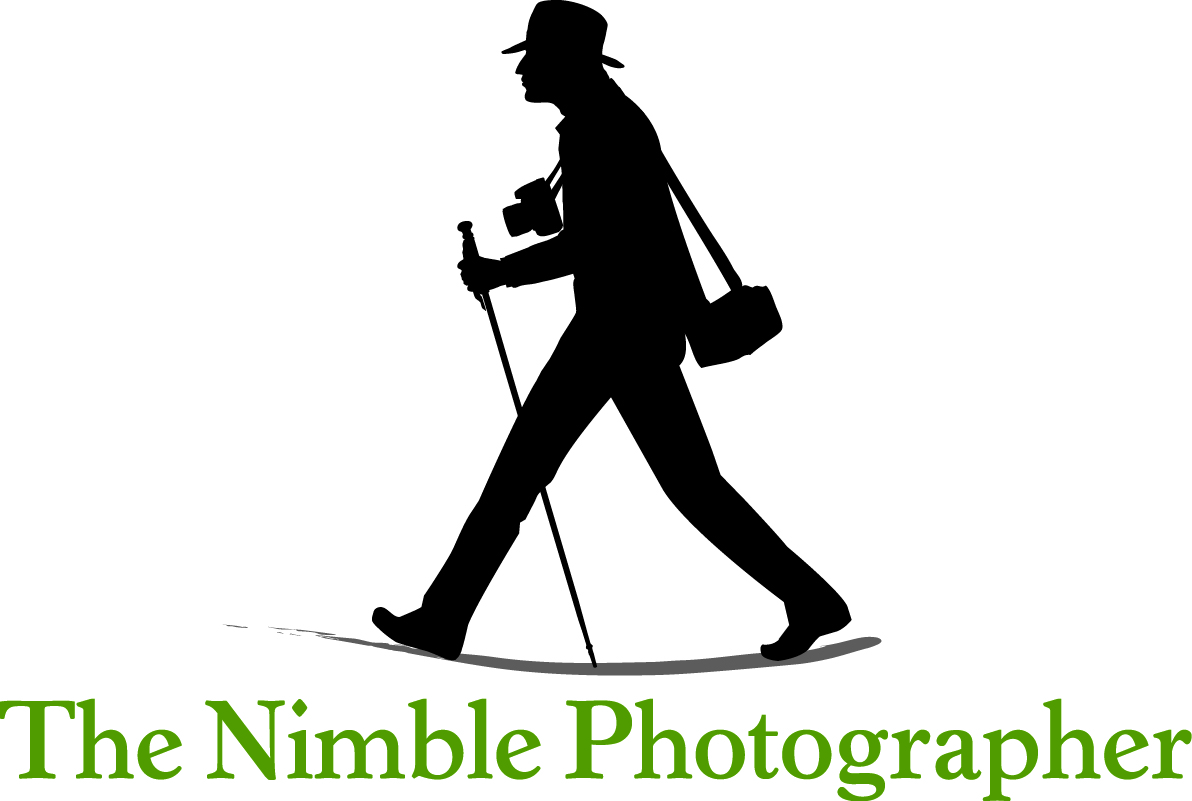We like to make fun of Las Vegas for its indulgence and over-the-top nightlife. But the fact of the matter is, Sin City seemed more real to me this year than the very reason I was there in the first place: to cover the Consumer Electronics Show.
Sounds like I had one too many watered-down gin and tonics, right? Well, let me explain.
I'll start with CES. Was the show well organized? Yes. Did it have its entertaining moments? It did. Was I treated well as Press? Absolutely.
But after attending numerous media events and exploring North, Central, and South Halls, CES reminded me of cable television - all those channels with nothing to watch. If I were in the market for a new car, or in the mood to cobble together a smart home, I might feel differently. And in the past, I have. There were years when I loved CES.
But this wasn't one of them.
I feel like we've reach a plateau where it's technology for technology's sake. Look at any of the best product lists for CES 2017. Is there anything there you need to have? And that's the good stuff. There were miles of items that paled in comparison.
I did see some well-engineered upgrades and refinements to existing products. The Blue Ella Headphones, Panasonic GH5, Kingston DataTraveler Ultimate GT, and the Nikon D5600 DSLR all appear to be excellent improvements over the models they replace. Plus, Kodak promised to bring back Ektachrome and Technics announced the Grand Class SL-1200GR audio turntable. Very nice.
But it wasn't until I left those halls that life became truly interesting. I had great meetings with old friends. I talked to Lyft drivers about their life aspirations. And I photographed residents and visitors alike as they immersed themselves in the Las Vegas vibe. These encounters are what made the journey worth my time.
For the moment, I have enough electronics to get my work done. I'd rather spend the rest of my time with humans... even the crazy ones wandering up and down Las Vegas Boulevard on a brisk winter night.
-Derrick
